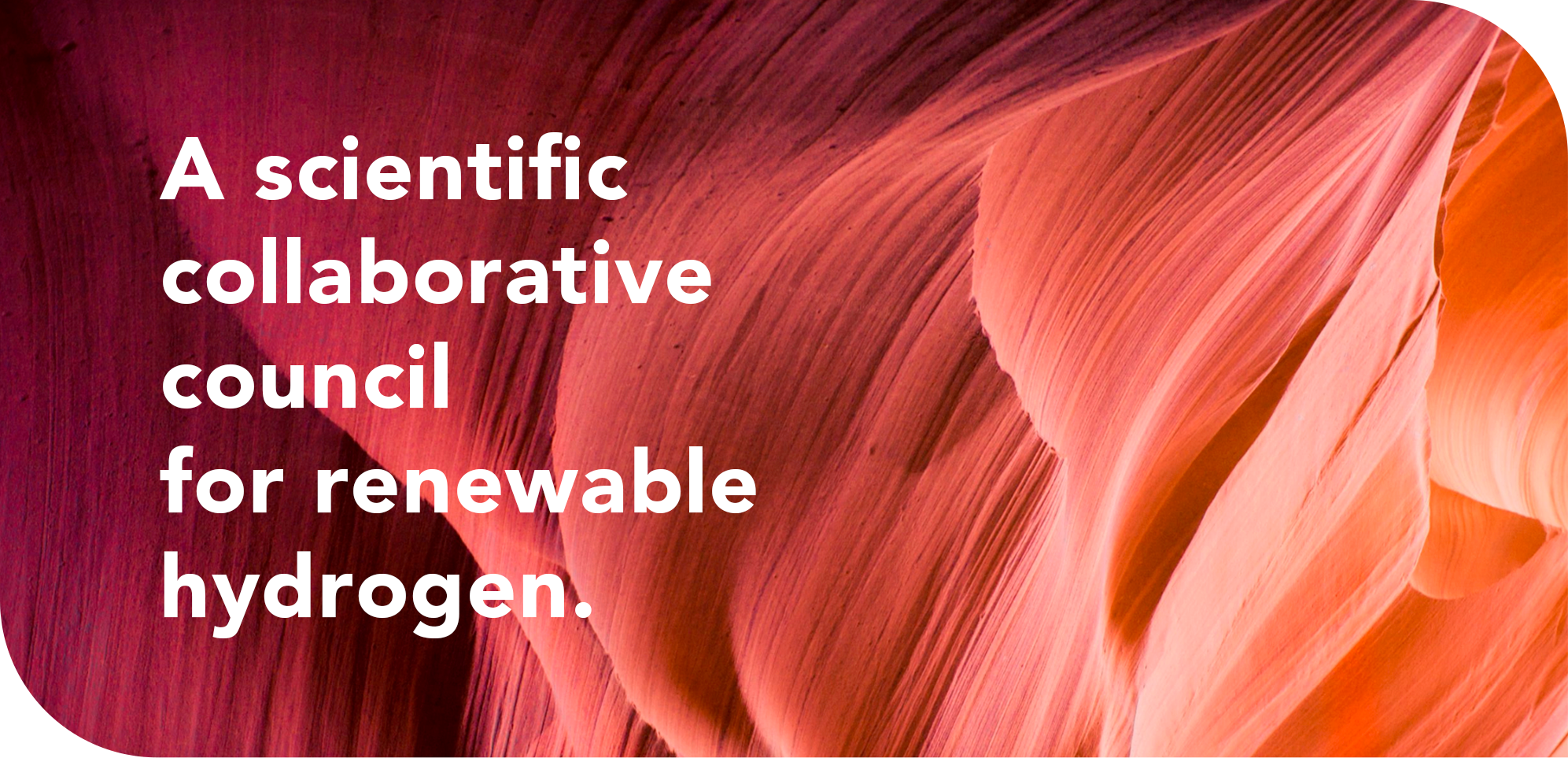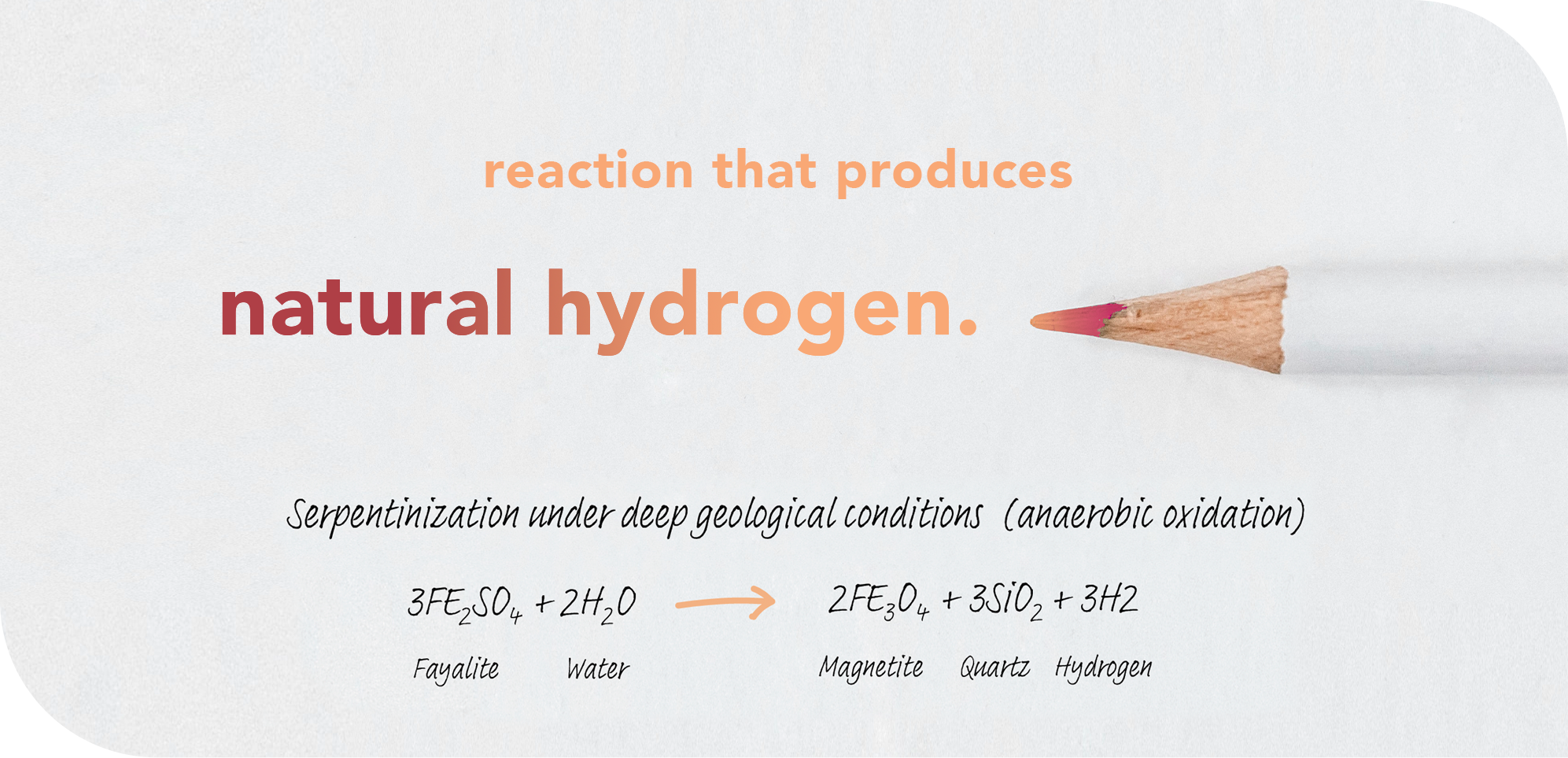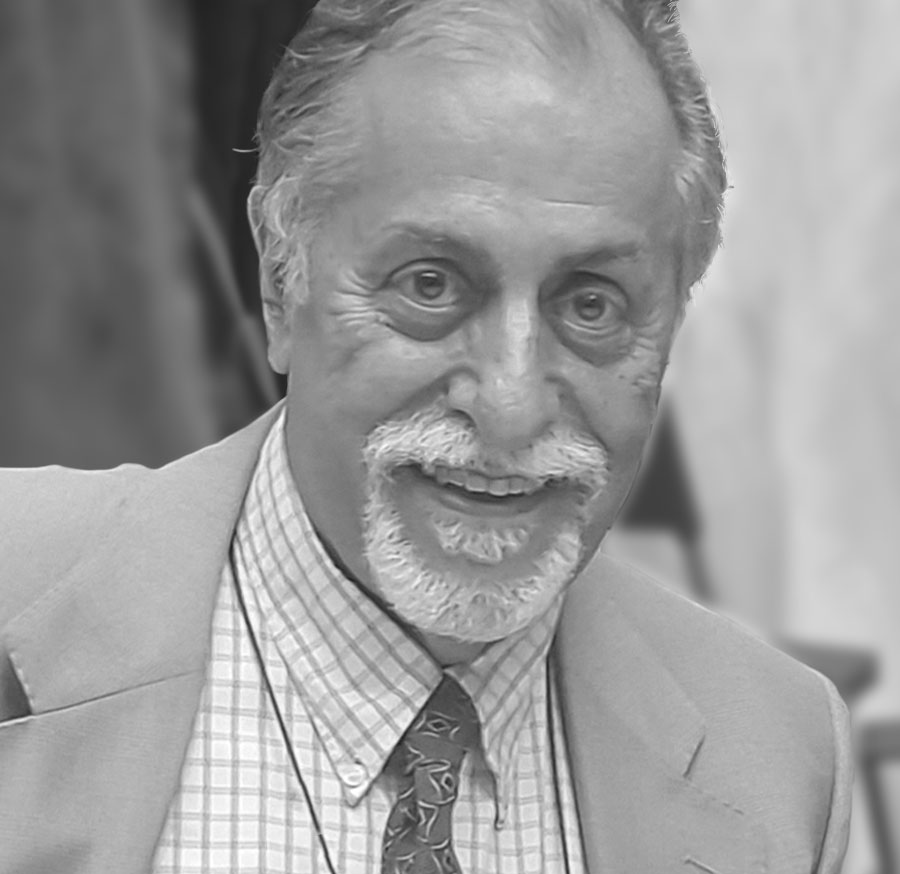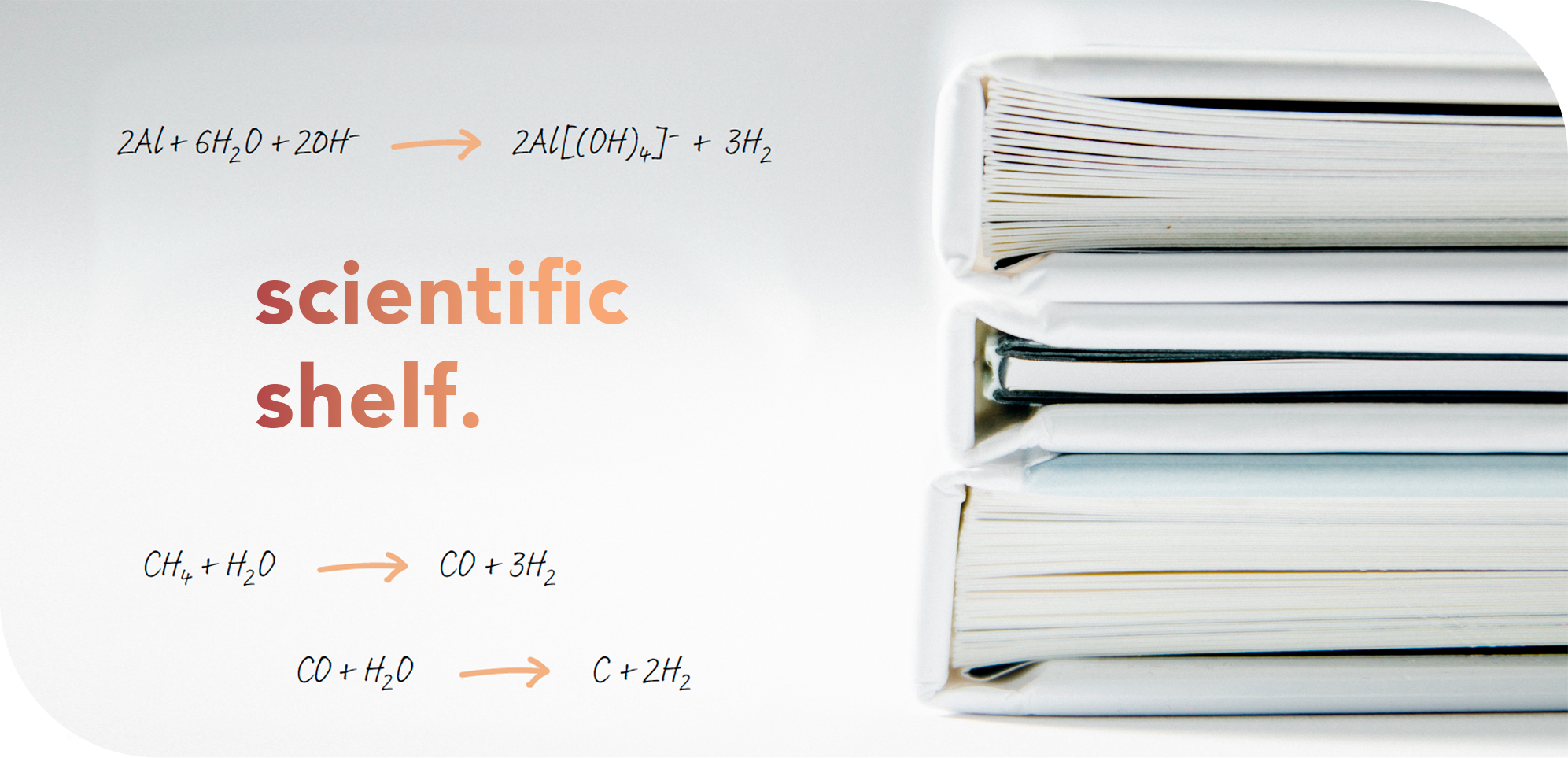

![]()
![]() is a non-profit organization whose mission is to discern the challenges of the climate emergency and the balance between fossil and renewable energies.
is a non-profit organization whose mission is to discern the challenges of the climate emergency and the balance between fossil and renewable energies.
![]() is a non-profit organization whose mission is to discern the challenges of the climate emergency and the balance between fossil and renewable energies.
is a non-profit organization whose mission is to discern the challenges of the climate emergency and the balance between fossil and renewable energies.
![]()
Re:sponding and re:aching solutions, re:asonable results, scientific conclusions, by re:searching, re:surging, re:thinking re:gulations
![]()
![]()
Re:sponding and re:aching solutions, re:asonable results, scientific conclusions, by re:searching, re:surging, re:thinking re:gulations
![]()


Scientists committed for a better documented evaluation of the global magnitude of the natural hydrogen resources and the renewal character of this source of energy.
![]()
Scientists committed for a better documented evaluation of the global magnitude of the natural hydrogen resources and the renewal character of this source of energy.

Javier de Mendoza
Founding member
Javier de Mendoza (Barcelona, 1944) graduated in Pharmacy at the University de Barcelona (UB, 1967) and obtained his PhD in 1971. He has been assistant professor (1971-1975) and associate professor (1975-1980) at UB, pursuing a postdoctoral stay (1971-1972) at the University of Montpellier (France), under the supervision of Professors Robert Jacquier and José Elguero. Since 1980 he has been full professor at the Universities of Bilbao, where he was chairman of the Department of Chemistry, Alcalá de Henares and the Universidad Autónoma de Madrid (1981-2014), where he held administrative positions as chairman of the Department of Organic Chemistry (1981-1985) and vice-dean of the Faculty of Sciences (1982-1983). In 2004 he became Group Leader at the new Institute of Chemical Research of Catalonia (ICIQ) at Tarragona, where he continues as professor emeritus after his retirement (December 2014).
Professor de Mendoza pioneered the introduction of Supramolecular Chemistry in Spain. Along his scientific career, de Mendoza developed pioneering contributions in the fields of molecular recognition of biomolecules (amino acids, nucleotides), chiral recognition of cations and anions, calixarene chemistry, self- assembly and catalysts design. He is co-author of almost two hundred international publications, and he has been invited to present plenary lectures at more than sixty meetings and over forty universities and research institutions. He has been president of the Spanish-French Association for Technical and Scientific Cooperation (1984-1989), member of the NATO panel for Supramolecular Chemistry (1991-1993), president of the National Advisory Committee for Evaluation of Chemical Research (CNAI) (1995-1996) and of the Bürgenstock Conference (Switzerland, 1999). He is Chevalier de l’Ordre du Mérite of France since 1994. In 1999 he received the Research National Price and Medal of the Spanish Royal Chemical Society, and most recently (July 2022) he became the fourth recipient of the C. David Gutsche International Award for his significant contributions to the field of calixarene chemistry.
Javier de Mendoza
Founding member
Javier de Mendoza (Barcelona, 1944) graduated in Pharmacy at the University de Barcelona (UB, 1967) and obtained his PhD in 1971. He has been assistant professor (1971-1975) and associate professor (1975-1980) at UB, pursuing a postdoctoral stay (1971-1972) at the University of Montpellier (France), under the supervision of Professors Robert Jacquier and José Elguero. Since 1980 he has been full professor at the Universities of Bilbao, where he was chairman of the Department of Chemistry, Alcalá de Henares and the Universidad Autónoma de Madrid (1981-2014), where he held administrative positions as chairman of the Department of Organic Chemistry (1981-1985) and vice-dean of the Faculty of Sciences (1982-1983). In 2004 he became Group Leader at the new Institute of Chemical Research of Catalonia (ICIQ) at Tarragona, where he continues as professor emeritus after his retirement (December 2014).
Professor de Mendoza pioneered the introduction of Supramolecular Chemistry in Spain. Along his scientific career, de Mendoza developed pioneering contributions in the fields of molecular recognition of biomolecules (amino acids, nucleotides), chiral recognition of cations and anions, calixarene chemistry, self- assembly and catalysts design. He is co-author of almost two hundred international publications, and he has been invited to present plenary lectures at more than sixty meetings and over forty universities and research institutions. He has been president of the Spanish-French Association for Technical and Scientific Cooperation (1984-1989), member of the NATO panel for Supramolecular Chemistry (1991-1993), president of the National Advisory Committee for Evaluation of Chemical Research (CNAI) (1995-1996) and of the Bürgenstock Conference (Switzerland, 1999). He is Chevalier de l’Ordre du Mérite of France since 1994. In 1999 he received the Research National Price and Medal of the Spanish Royal Chemical Society, and most recently (July 2022) he became the fourth recipient of the C. David Gutsche International Award for his significant contributions to the field of calixarene chemistry.

- Los múltiples colores de un gas incoloro – An array of colors for a color-less gas Dec 2022 | Anales de Química de la Real Sociedad Española de Química | Javier de Mendoza
- Preliminary model of global subsurface natural hydrogen resource potential Oct 2022 | United States Geological Survey | Geoffrey Ellis, Sarah E. Gelman
- Molecular hydrogen in surface and subsurface natural gases: Abundance, origins and ideas for deliberate exploration Jul 2022 | Earth-Science Reviews | Alexei V. Milkov
- System approach to natural versus manufactured hydrogen: An interdisciplinary perspective on a new primary energy source Jun 2022 | International Journey of Hydrogen Energy | Thomas Lapi, Petros Chatzimpiros, Laurence Raineau, Alain Prinzhofer, et al
- Genesis of natural hydrogen: New insights from thermodynamic simulations May 2021 | International Journal of Hydrogen Energy | Corinne Arrouvel, Alain Prinzhofer
- Long-term monitoring of natural hydrogen superficial emissions in a brazilian cratonic environment. Sporadic large pulses versus daily periodic emissions Jan 2021 | International Journal of Hydrogen Energy | Isabelle Moretti, Alain Prinzhoffer, et al
- The occurrence and geoscience of natural hydrogen: A comprehensive review Apr 2020 | Earth-Science Reviews | Viacheslav Zgonnik
- Los múltiples colores de un gas incoloro – An array of colors for a color-less gas Dec 2022 | Anales de Química de la Real Sociedad Española de Química | Javier de Mendoza
- Preliminary model of global subsurface natural hydrogen resource potential Oct 2022 | United States Geological Survey | Geoffrey Ellis, Sarah E. Gelman
- Molecular hydrogen in surface and subsurface natural gases: Abundance, origins and ideas for deliberate exploration Jul 2022 | Earth-Science Reviews | Alexei V. Milkov
- System approach to natural versus manufactured hydrogen: An interdisciplinary perspective on a new primary energy source Jun 2022 | International Journey of Hydrogen Energy | Thomas Lapi, Petros Chatzimpiros, Laurence Raineau, Alain Prinzhofer, et al
- Genesis of natural hydrogen: New insights from thermodynamic simulations May 2021 | International Journal of Hydrogen Energy | Corinne Arrouvel, Alain Prinzhofer
- Long-term monitoring of natural hydrogen superficial emissions in a brazilian cratonic environment. Sporadic large pulses versus daily periodic emissions Jan 2021 | International Journal of Hydrogen Energy | Isabelle Moretti, Alain Prinzhoffer, et al
- The occurrence and geoscience of natural hydrogen: A comprehensive review Apr 2020 | Earth-Science Reviews | Viacheslav Zgonnik



